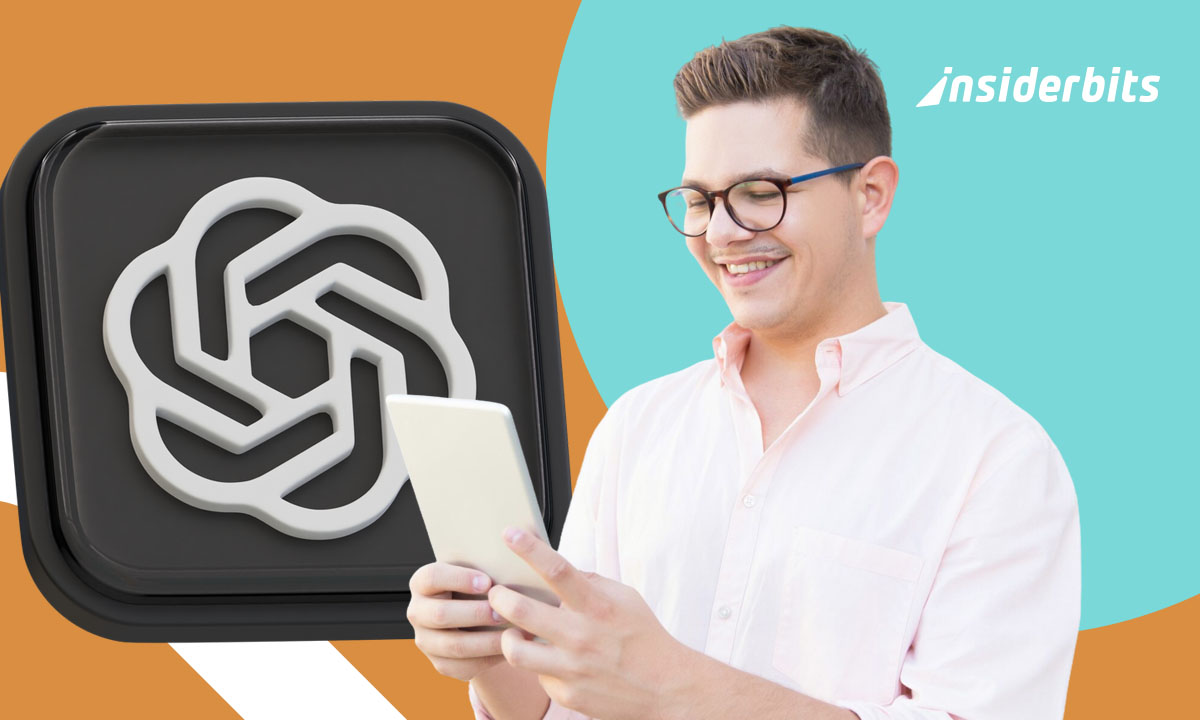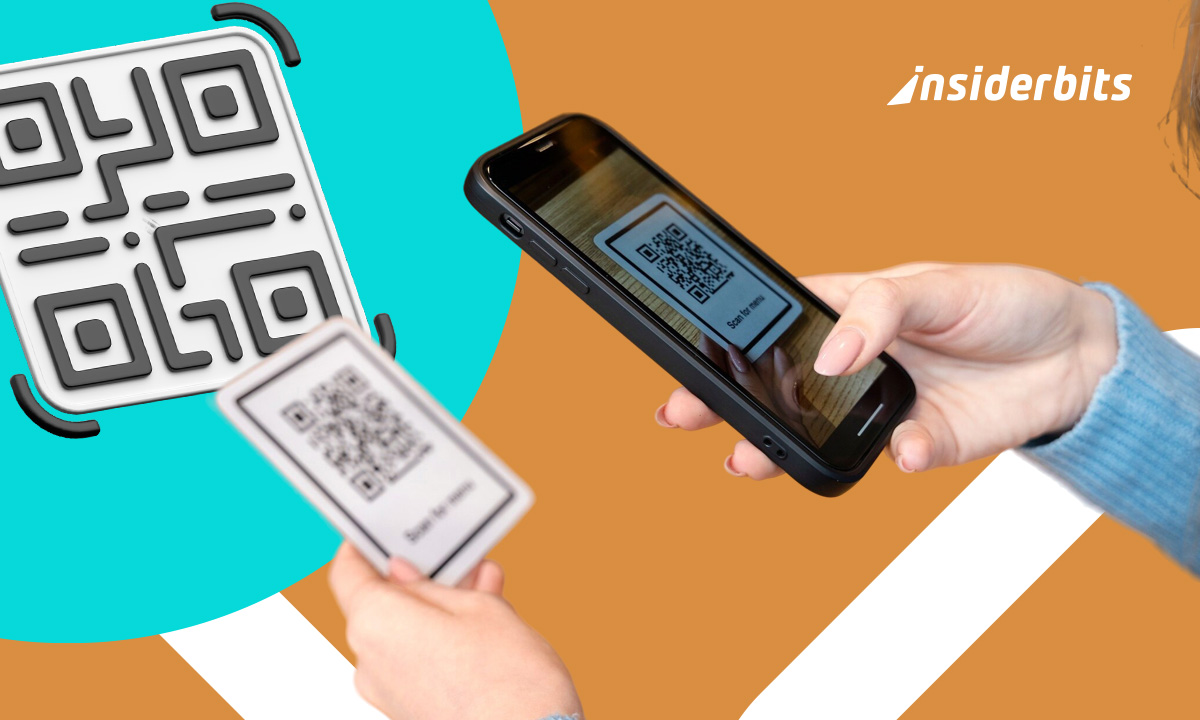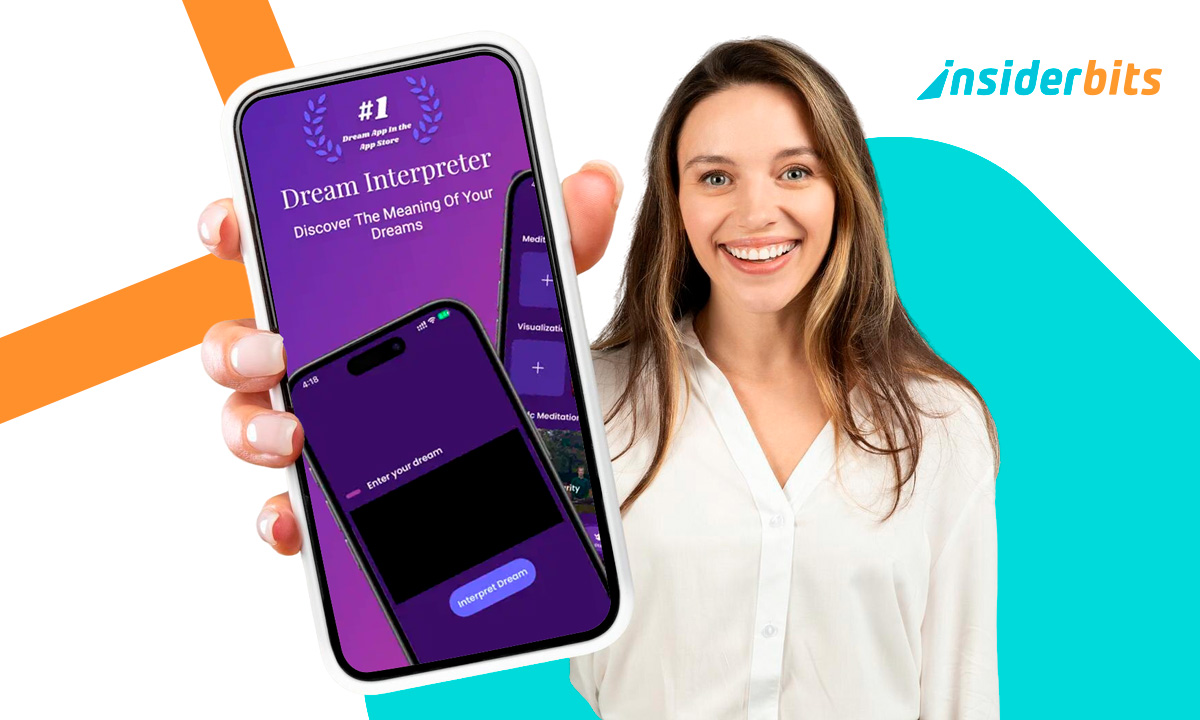Die Gen Z workplace is disrupting the world of work with a new vision and expectations. The changes it brings are challenging traditional norms to redefine professional boundaries.
Their focus is on flexibility, autonomy, and work-life balance. Today, Insiderbits will analyze the characteristics of this generation of talent and see how mobile technology is addressing it.
- 5 Best Emergency Alert Apps To Stay Safe
- AI Essay Generator: Simplifying the Writing Process
- AI For Kids: 3 Artificial Intelligence Education Apps That Can Help Children
Gen Z workplace trends: The future of work in 2025
Bei der Diskussion über die Gen Z workplace, it is inevitable to relate it to mobile technology. This group grew up in the digital age and values flexibility and mobility, therefore, using these tools is vital in their daily lives.
For them, mobile phones have become an essential tool for collaborating, communicating, and accessing information. This has brought about changes in the dynamics of the work environment that not everyone has been able to assimilate.

Remote first: Gen Z workplace reshaping work culture
This new philosophy prioritizes remote work and redefines work spaces, adapting them to flexibility and autonomy. Faced with this, companies have had to adopt strategies to meet these needs:
- Robust digital infrastructure: communication platforms, online collaboration tools, secure access to information;
- Clear policies: communication expectations, flexible schedules, and guidelines for time management;
- Entwicklung von Fertigkeiten: training in digital tools, effective virtual communication, and remote project management.
In this new scenario, companies must be able to measure their employees’ performance based on results and objectives.
Breaking the 9-to-5 schedule: the demand for flexibility and balance
These young professionals are looking for jobs that allow them to adapt their workday to their needs and preferences. Generation Z seeks to meet responsibilities and objectives without losing autonomy and personal time:
- Flexible schedules: possibility of adjusting start and end times, allowing work to be adapted to personal needs;
- Compressed work weeks: opportunities to work more hours on fewer days, enjoying more extended weekends;
- Results over presence: focus on productivity and goals achieved rather than hours worked at a desk.
All this is focused on well-being and mental health, seeking a balance between personal and professional life.
More than paychecks: mental health and purpose at work
For them, work is not only a source of income but also an opportunity to find a purpose, contribute to society, and care for their mental well-being. This approach leads them to seek out programs and resources to support them.
- Values: organizations that demonstrate a genuine commitment to social and environmental responsibility and that act by their values;
- Positive environments: inclusive, respectful, and collaborative work cultures where open dialogue, trust, and mutual support are encouraged;
- Growth opportunities: professional development plans, training programs, and mentoring allow employees to acquire new skills and advance in their careers.
In addition, Generation Z is characterized by its commitment to social and environmental causes. They seek jobs that allow them to make a difference and contribute to a better world.
The new office: Gen Z workplace and digital collaboration
The traditional office is no longer the center of operations but has expanded to virtual spaces where digital collaboration is the norm. Technology has become a fundamental tool for Generation Z at work:
- Virtual spaces: online platforms allow employees to collaborate on projects, share documents, and communicate in real time, regardless of location;
- Digital tools: software and applications that facilitate communication, task management, and teamwork, such as video conferencing platforms, instant messaging tools, and project managers;
- Cloud-based information: accessing documents and resources from any device and location encourages flexibility and mobility;
- Constant connectivity: they have access to high-speed internet and mobile devices that allow them to be connected and productive at all times.
Adopting new technologies in the Gen Z workplace is almost an obligation now. A reality that gives rise to more immersive and interactive work experiences, automating repetitive tasks and improving productivity.
Mobile technology in the Gen Z workplace
As mentioned, Gen Z has revolutionized the workplace by naturally integrating mobile technology into their daily work. Therefore, we bring you three trending applications that apply to the topic we are developing.
Slack
It is a platform that offers a dynamic and adaptable virtual space that adjusts to the needs and preferences of young professionals.
- Fluid and efficient communication: it facilitates instant and organized communication through thematic channels;
- Collaboration without borders: it allows real-time collaboration on documents and projects, regardless of the team member’s location;
- Tool integration: it integrates with various productivity applications and tools, centralizing work in one place;
- Flexibility and mobility: it keeps its users connected and productive from anywhere and at any time;
- Team culture: it encourages creating informal communities and channels where team members can interact, share interests, and strengthen working relationships.
Slack has become a notable tool in its category, both for iOS und Android Geräte.
3.5/5
Begriff
It is an application to organize, plan, and manage tasks efficiently.
- Customized workspaces. It allows you to create and organize pages and databases according to the needs of the team or the individual.
- Notes and documentation. Users can take notes, write documents, and save information in one place.
- Task management: it facilitates the assignment of tasks with deadlines and progress tracking.
- Real-time collaboration: it provides collaborative experiences with documents or simultaneous work projects between its users.
- Integrations: it integrates with other popular tools, such as Google Calendar, Trello, and Slack, optimizing workflow and information management.
Notion is a multifunctional platform for iOS und Android that offers an ideal virtual space for Generation Z’s new work approach.
4.7/5
Deel
It is a key tool that facilitates the management of payroll and human resources for global and remote teams.
- Payroll management: it allows you to manage global payroll efficiently, ensuring all employees receive timely payments;
- HR Management: it makes onboarding new employees, managing contracts, and approving urgent alerts easy;
- Fund Transfers: employees can securely transfer funds to their preferred accounts;
- Access to Work Information: team members can view and download invoices and pay stubs and manage their time off;
- Sicherheit: the app offers secure biometric login options like Face ID and fingerprint recognition.
Deel is a comprehensive platform available on iOS und Android that is ideal for remote work and international mobility.
4.7/5
Get on board with Gen Z workplace philosophy!
Join the change! It’s time for everyone to embrace the Gen Z workplace trend. Beyond the radical change, it has its advantages when analyzed carefully because:
- The approach embraces mobile technology to enhance connectivity and accessibility;
- It fosters flexibility and collaboration, creating a more dynamic work environment;
- Additionally, it focuses on developing new skills to adapt to evolving demands.
Generation Z is here to revolutionize the work environment with its fresh and dynamic approach.
This reality aligns with our technological and functional approach to Insiderbits and other content, such as best artificial intelligence trends.
Frequently asked questions
Are Slack, Notion, and Deel functional for PC?
Yes, Slack, Notion, and Deel are functional for PC. All three applications offer desktop versions for Windows and macOS.
What integrations can I establish between Slack, Notion, and Deel to streamline processes and avoid information duplication?
- Slack – Notion to integrate Notion notifications into Slack, share Notion links in Slack channels, and use Slack commands to access information in Notion;
- Slack – Deel to receive Deel notifications in Slack about payments, contracts, and payroll updates;
- Notion – Deel to maintain an employee database in Notion that syncs with Deel to streamline onboarding and information management.
What challenges can arise when using these three tools simultaneously?
If not implemented well, they can lead to information overload, poor management, and integration problems. These challenges must be addressed to ensure the tools are used to their full potential.





